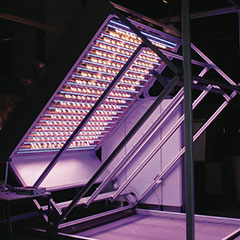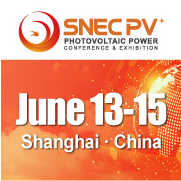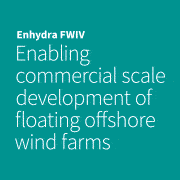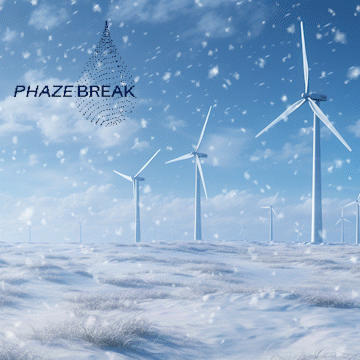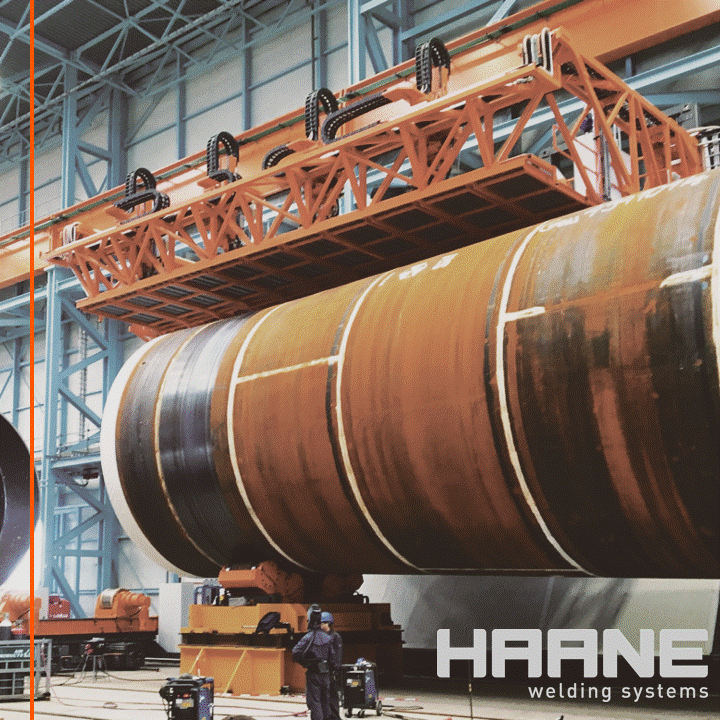Any company that can survive the ups and downs of over 20 years in business must be doing something very right, and for IMT Solar – Ingenieurb¸ro Mencke & Tegtmeyer GmbH – getting things right is all part of the service. After all, quality counts, argues the company’s Dirk Tegtmeyer…
PES: Welcome to the magazine. Would you like to begin by introducing your company and explaining how you serve the solar industry?
Dirk Tegtmeyer: Our company was founded in 1993 as engineering bureau for services to the solar industries.
We have solutions for the whole supply chain in solar photovoltaics, from sun simulators and I-V curve analysers for research and development, as well as on-site module testing.
Furthermore, we can plan large PV systems and Building Integrated PV systems completely independently from any company, so that our customers get the best solution. And while a system is in use, our silicon irradiance sensors are ideal for combining with monitoring systems to check quality and solar production.
PES: Just how competitive is your corner of the solar/PV market? Would it be fair to say that it’s an area that’s set to grow still further?
DT: We are specialists in quality for PV. This market will grow with any system installed worldwide, because the lifespan and solar production of a PV system is important. After having spent a long time exploring the market in Germany and building worthwhile experience, quality assurance is growing worldwide.
PES: Last year was the company’s 20th anniversary. What have been the biggest changes you’ve seen in the solar industry over this time, and how has your company evolved?
DT: The most important thing we’ve seen was that we came out of a very small niche with PV and grew to a large industry with heavily decreasing prices for energy production. So within the last ten years, solar energy production increased to a factor that no one could have ever foreseen. It’s something that even we couldn’t predict, back when we started work in 1993 as solar geeks.
PES: We note that you offer a planning service for large PV systems. What benefits does this deliver for the end user?
DT: We offer a planning service that operates completely independently from any company or manufacturer. We can use any components on the market, which means that the customer gets the best system possible for his requirements – this is especially true for integration of PV, where we can bring building processes and solar energy production together.
PES: We see that you’re involved in a lot of domestic projects around Hannover. Do you work further afield? Could this be an area of growth for you?
DT: Because a short connection between planner and customer is very important, most of our projects have been in a smaller region of Northern Germany. By having a network of planning and engineering companies we are also able to manage large and foreign projects.
PES: You are members of a number of consultancy and engineering associations. Would you say that this is a reflection of your commitment to innovation?
DT: These memberships demonstrate our independence from manufacturers as well as part of our growing network. We always want to give our customers the best service around everything that is involved in PV systems, from research and development through to planning.
PES: You offer a range of Si sensors for the industry. Can you outline some of the differences between them and their varying applications?
DT: Most of our different sensor outputs are customised solutions for our customers. And while some customers need 10V or 20mA analogue outputs, some work with field bus systems like Modbus.
PES: The company’s measurement systems well regarded within the industry, but how easy has it been to get this message ‘out there’ to other potential customers?
DT: We always try to give the best solution to our customers. Therefore we enter into close discussions a long time before a system is set-up, during installation and, naturally, during the use of the system.
That brings us a very good reputation and word of mouth within the large but also growing scene. Satisfied customers are the most important thing in our business.
PES: The EPIA is currently focussing on improving build quality within the industry. How much is this an issue for you and your customers?
DT: As we are working in the field of quality, this is the most important thing for us too, and we appreciate that EPIA wants to increase efforts for improving quality. If we want to change our energy system to renewable energies, we have to prove that these energies are reliable, stable and useful. Good quality is the only option.
PES: Can you tell us a little about the services you offer to support the life-cycle of your products?
DT: Because our silicon irradiance sensors have to be mounted exposed to sun and weather conditions, we develop and produce them to a very high quality level. They should work for up to 20 years without maintenance (simple recalibration is sometimes needed) when used in very financially-sensitive installations. And since we have a long-standing record for quality production techniques, we also are able to calibrate all of our measuring devices by ourselves. Therefore, all of our lab equipment is periodically recalibrated by a certified laboratory.
We also work together with certified labs that offer specific calibration procedures so that our devices are calibrated for other certified test institutes.
PES: What challenges does your operation currently present you with and what action are you taking to meet those challenges?
DT: The market in Germany has been killed by our politicians during the last few years. It is a big challenge to solve the problems that we have in the German solar industry and I hope that we can retain some main and basic industries for PV in Germany, as well as our well-known experience in research and development, which is championed by our solar institutes.
PES: What are your thoughts about prospects for the coming year with regard to your organisation, and the solar/PV industry in general?
DT: I myself think that we will see growing PV industry worldwide; and therefore for our company growing export activities. The export part has grown over the last three years and it will be a very important part of our company, since the political changes and inefficiencies in Germany are killing solar industry in our home country. We ourselves think that we can survive within our niche of improving quality for all components of the PV chain, beginning at the cell and module, over planning of systems to service and monitoring of working systems for bringing us solar energy for longer time than guaranteed by the manufacturer.

